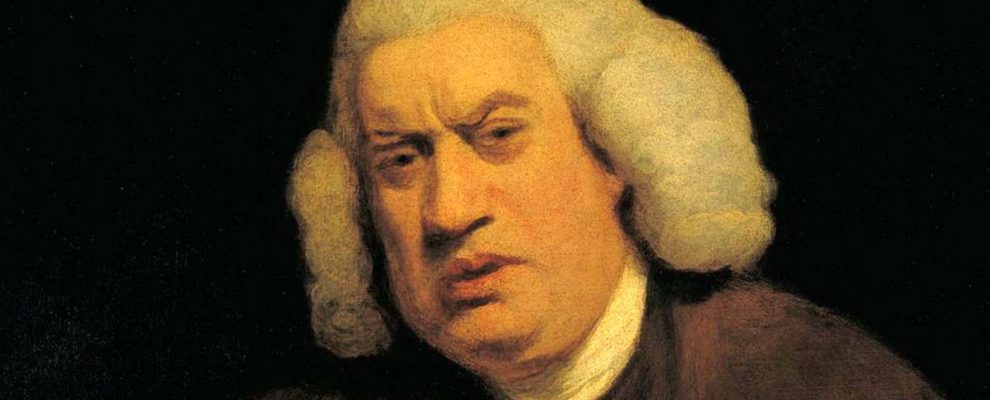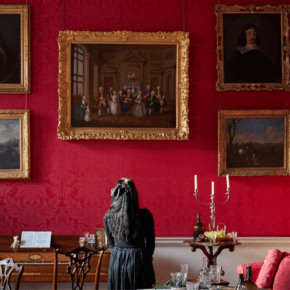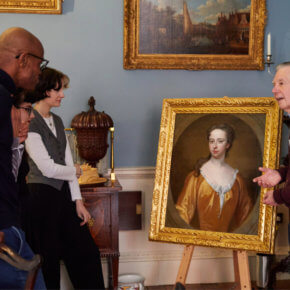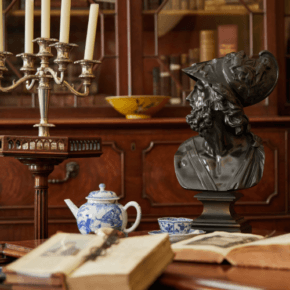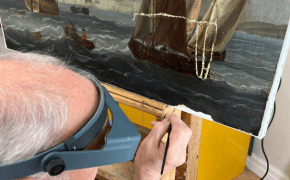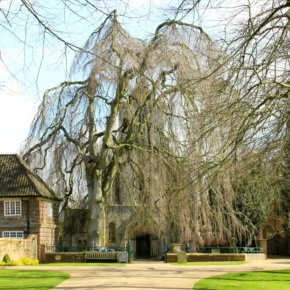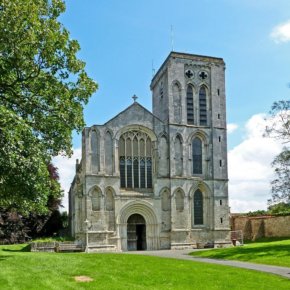‘Audience with the author’ Henry Hitchings
Samuel Johnson was a critic, an essayist, a poet and a biographer. He was also, famously, the compiler of the first good English dictionary, published in 1755. A polymath and a great conversationalist, his intellectual and social curiosity were boundless. Yet he was a deeply melancholy man, haunted by dark thoughts, sickness and a diseased imagination.
In his own life, both public and private, he sought to choose a virtuous and prudent path, negotiating everyday hazards and temptations. His writings and aphorisms illuminate what it means to lead a life of integrity, and his experience, abundantly documented by him and by others (such as James Boswell and Hester Thrale), is a lesson in the art of regulating the mind and the body.
Johnson’s story touches on many themes that have enduring significance. He was, and remains, a perceptive commentator on the vanity of human wishes, the rewards and dangers of charity, the need to cultivate kindness, the complexities of family life (especially marriage), the effects of boredom, and the fleeting nature of pleasure. He writes and speaks incisively and humanely about the ego, ambition, hypocrisy, fallibility and disorders of the mind, as well as the corrosive effects of obsession, the precariousness of fame and the skulduggery of the literary world. He is a source of profound good sense about what it means to teach, read, write and travel. More than that, though, he continually translates his experience of poverty, scorn, pain and madness into a rich understanding of how to be.
Henry Hitchings was born in 1974. He has written mainly about language and history, starting in 2005 with Dr Johnson’s Dictionary. The Secret Life of Words (2008) won the John Llewellyn Rhys Prize and a Somerset Maugham Award, as well as seeing him shortlisted for the title of Sunday Times Young Writer of the Year. 2011′s The Language Wars completed what was in effect a trilogy of books about language. He is a prolific critic and has made several programmes for radio and television, on subjects including Erasmus Darwin, the eighteenth-century English novel and the history of manners. He is a Fellow of the Royal Society of Literature.

